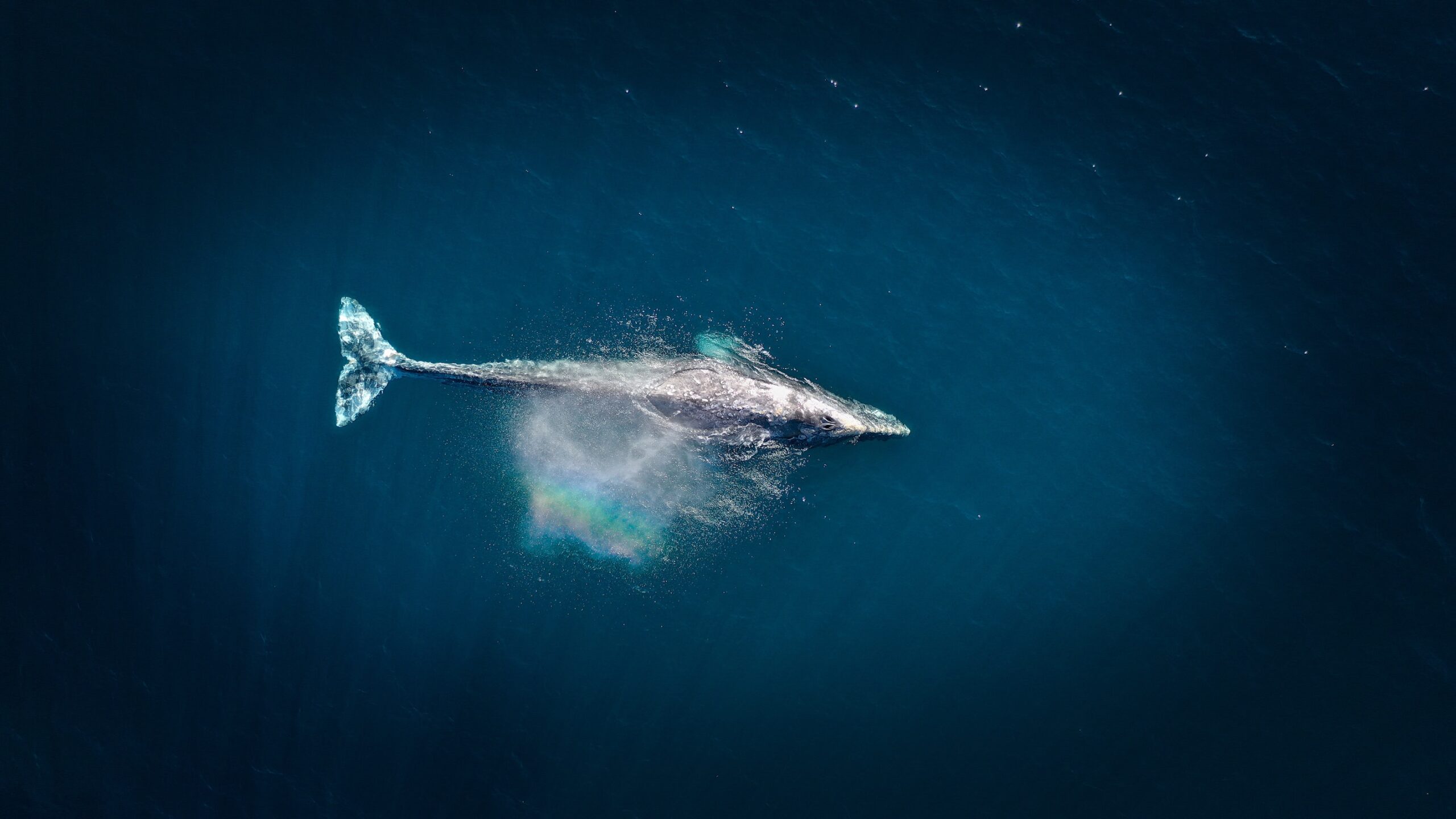The United Nations World Oceans Day brings attention to the critical role of our oceans in ensuring planetary balance. This involves recognizing criticalities whilst also celebrating the innovative tools that are being developed to achieve the sustainable management of the blue planet. Emphasizing innovation can help turn the tide on marine ecosystem destruction and help policymakers steer towards a more sustainable management of marine resources.
The world oceans day theme for 2020 is “Innovation for a Sustainable Ocean”. Notwithstanding COVID-19 there are 150 events around the globe already listed for the 8th of June including art exhibitions, photo competitions, symposiums, and summits such as the United Nations World Oceans Day Virtual Event that respects social distancing measures whilst uniting people in celebration of the ocean.
Check out the selection of VIRTUAL events on #WorldOceansDay. June 8th is filled with action-packed activities to protect our #blueplanet. Visit the global database for more virtual and in-person events across the globe. Together we can #ProtectOurHome : https://t.co/87jCHeGHrL pic.twitter.com/axLZYbziye
— World Oceans Day (@WorldOceansDay) June 5, 2020
This is a unique opportunity to raise awareness about the benefits we derive from the ocean and our collective responsibility towards ensuring its sustainable management. In 2018 the central theme revolved around “Clean our Ocean” and in 2019 it was “Gender and the Ocean”. This year the focus is on getting global leaders to commit to protecting 30% of the blue planet by 2030, in what is being called the 30×30 initiative, through the use of innovation and includes an online petition designed to put pressure on policymakers for concrete action.
Fostering Optimism
At times climate issues can seem insurmountable. A clear example is plastic pollution in the world’s oceans, which leaves many feeling as if it is a problem so deep that there are no solutions. When all we hear about is a continent-sized garbage patch in the middle of the ocean and microplastics in all marine wildlife it is hard too picture any solutions. Psychological studies demonstrate that focusing on negative news can have detrimental effects on conservation efforts. For this reason, Ocean Optimism was created as a Twitter initiative in 2014 to turn global attention towards the positives emerging from environmental research and encourage young people to become involved in conservation. The #OceanOptimism hashtag has been extremely successful and even spurred other “optimism” movements.
The World Oceans Day has also adopted this approach by shifting the emphasis on innovation and what can be done to turn the tide. Solutions that move us towards more sustainable management of marine resources already exist and learning about them brings some much-needed optimism into the picture. At UNESCO marine World Heritage sites technology and innovation are already in operation and proving effective. These include tools such as drone wildlife tracking in Russia’s Wrangel Island Reserve System or the use of artificial intelligence at Australia’s Great Barrier Reef.
Being optimistic is not synonymous with ignoring the challenges ahead. However, it can help shift the balance from a fatalistic approach to one that uses scientific information to direct individual actions and policy decisions so as to ensure more sustainable management of marine resources.






